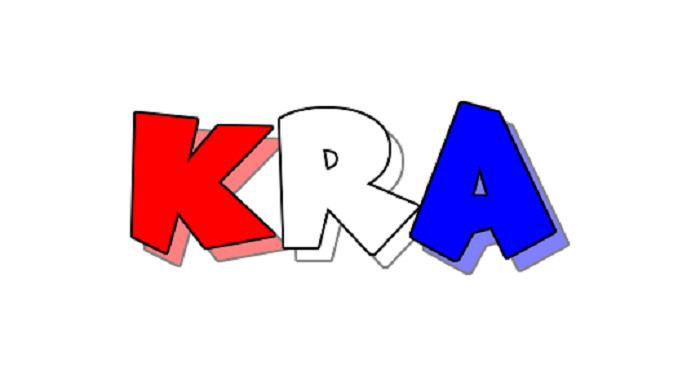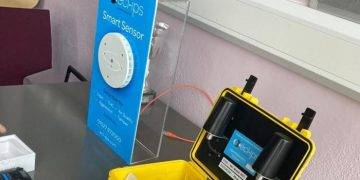What is KYC and why is it necessary for an investor to complete it? KYC is a required process for investors before they can invest in mutual funds. It requires prospective investors to comply with a number of steps, including providing their basic PAN card. The KYC form must be completed, uploaded with supporting documents such as an ID proof, a signature, and a photograph, and submitted to the fund’s AMC.
The KRA will maintain data about intermediaries, such as client names and addresses. This information is used to identify high-risk investments. The KRA will make certain the intermediary follows the rules for maintaining the information. It will also make sure to report suspicious activities. For example, if a fund manager invests in a fund that has a high risk level, it will require its investors to follow KYC procedures.
To complete KYC, individuals must complete the online process and provide their PAN. Applicants must upload self-attested copies of proof, such as their PAN or Aadhar card, and a passport-size photo. They must also be ready to show the originals during IPV, which is the process by which a mutual fund invests in funds. There is a way to check if your KYC status is complete online: visit the KYC website of the mutual fund house.
The CAMS KRA is a financial services company registered with SEBI. It provides mutual funds and stock financiers with services that comply with KYC. The company has been registered with SEBI since 1993 and now serves approximately 60% of the financial domain. CAMS is a wholly-owned subsidiary of Computer Age Management Services and was granted the KRA license in July 2012. To register with the CAMS KYC service, an individual investor can use a financial adviser, or contact a CAMS customer service center nearest to him or her.
Unlike traditional financial institutions, KRAs maintain a central database of KYC records for SEBI-registered financial market players. They ensure that KYC documents are stored securely and are available for immediate retrieval. They must also make KYC information available in a convenient format so that all investment intermediaries are able to comply. A KRA can help investors make better informed decisions about their investments, and this information can help them make wiser investments.
KRAs will help investors ensure the authenticity of their information by ensuring that all information provided is accurate and correct. Once a KYC form is updated, the status of the investor will change to ‘Verified’. There are various KYC verification KRAs available, and the Central Depository Service (India) Ltd website has a feature called KYC Inquiry. By entering a PAN number on the KYC inquiry page, investors can easily find out whether they have met the KYC requirements of the fund.
CAMS stands for Common Asset Management System. This new law requires Indian financial institutions to share key information about foreign accounts with US agencies. FATCA took effect on August 31, 2015. As a result, all Indian investors must complete a self-certification form requesting that their investments be reported. By law, they must submit the form within 24 hours of the application. The KRA process is also required of NRIs.











